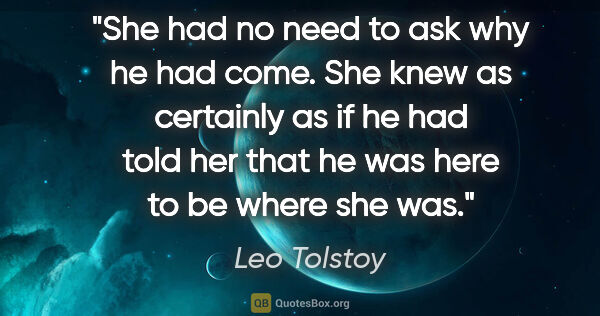Had Quotes (page 39)
I suppose even Dictators have their chummy moments, when they put their feet up and relax with the boys, but it was plain from the outset that if Roderick Spode had a sunnier side, he had not come with any idea of exhibiting it now. His manner was curt. One sensed the absence of the bonhomous note.
...
Here he laid a hand on my shoulder, and I can't remember when I have experienced anything more unpleasant. Apart from what Jeeves would have called the symbolism of the action, he had a grip...
P. G. Wodehouse
Jude continued his walk homeward alone, pondering so deeply that he forgot to feel timid. He suddenly grew older. It had been the yearning of his heart to find something to anchor on, to cling to—for some place which he could call admirable. Should he find that place in this city if he could get there? Would it be a spot in which, without fear of farmers, or hindrance, or ridicule, he could watch and wait, and set himself to some mighty undertaking like the men of old of whom he had heard? As...
Thomas Hardy
Mrs Winterson objected to what I had put in, but it seemed to me that what I had left out was the story's silent twin. There are so many things we can't say, because they are too painful. Stories are compensatory. The world is unfair, unjust, unknowable, out of control. Mrs Winterson would have preferred it if I had been silent. I needed words because unhappy families are conspiracies of silence. The one who breaks the silence is never forgiven. He or she has to learn to forgive him or herself.
Jeanette Winterson

Faites de beaux rves, monsieur," she called as she put out the light. Switters had always loved that expression, "Make fine dreams." In contrast to the English, "Have sweet dreams," the French implied that the sleeper was not a passive spectator, a captive audience, but had some control over and must accept some responsiblity for his or her dreaming. Moreover, a "fine" dream had much wider connotations than a "sweet" one.
Tom Robbins
Perhaps she had not succeeded in 'inspiring' any wonderful ambitions in her pupils, but she had taught them, more by her own sweet personality than by all her careful precepts, that it was good and necessary in the years that were before them to live their lives finely and graciously, holding fast to truth and courtesy and kindness, keeping aloof from all that savoured of falsehood and meanness and vulgarity. They were, perhaps, all unconscious of having learned such lessons; but they would...
L. M. Montgomery
She had some hidden reason of her own for attaching great importance to this choosing what her mother was to wear. What was the reason, Mrs. Ramsay wondered, standing still to let her clasp the necklace she had chosen, divining, through her own past, some deep, some buried, some quite speechless feeling that one had for one's mother at Rose's age. Like all feelings felt for oneself, Mrs. Ramsay thought, it made one sad. It was so inadequate, what one could give in return; and what Rose...
Virginia Woolf
They had been pathetically eager to have the wedding in the family church. Their reaction though, as far as she could estimate the reactions of people who were now so remote from her, was less elated glee than a quiet, rather smug satisfaction, as though their fears about the effects of her university education, never stated but aways apparent, had been calmed at last. They had probably been worried she would turn into a high-school teacher or a maiden aunt or a dope addict or a female...
Margaret Atwood
By the end of the seventies the feared yet desired black male body had become as objectified as it was during slavery, only a seemingly positive twist had been added to the racist sexist objectification: the black male body had become the site for the personification of everyone’s desire.
Bell Hooks
mysterious money had stood to him as the symbol of earthly good, and the immediate object of toil. He had seemed to love it little in the years when every penny had its purpose for him; for he loved the purpose then. But now, when all purpose was gone, that habit of looking towards the money and grasping it with a sense of fulfilled effort made a loam that was deep enough for the seeds of desire.
George Eliot